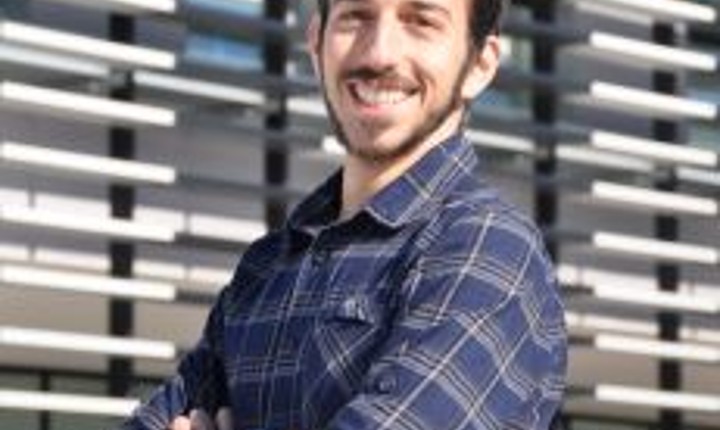Performance & fatigue in trail running PdD of Frédéric Sabater
Encadrement: Pr Guillaume MILLET & Thomas RUPP
This PhD project focuses on trail running, which can also be referred to as mountain running, in terms of performance and fatigue. Trail running is a sport in which athletes run long distances in nature, often in the mountains. Several factors make trail and mountain running a unique sport. Trail running races often involve large changes in altitude, both uphill and downhill, in mountainous terrain, the consequences of which are very different from road running. A submodality of trail running is the ultra-marathon, in which athletes often run distances greater than 100 km. During these races, athletes are also affected by lack of sleep and difficulty eating. The main goal of this project is to better understand the physiological and biomechanical determinants of performance and fatigue in trail running in order to develop better strategies to manage fatigue and improve training in this discipline.
The first experiment will be on the Ultra-Trail du Mont-Blanc®. In this project, ultra-trail runners participating in three different UTMB® races will be characterized from a physiological point of view and then evaluated before and after the race. The main objective of this project will be to compare the consequences of trail races between 50 and 170 km, that is to say the influence of the race distance on the appearance of central and peripheral fatigue. At the same time, we will try to determine what factors influence performance in trail vs ultra-trail races.
Secondly, the monitoring of a group of trail runners for an entire season will be ensured. The runners, who will aim to run an ultra-trail race at the end of the summer, will undergo physiological tests several times during the season. They will be tested at the start of the training season, halfway through the preparation period, a few weeks before their sporting goal of the season and after their race. Between tests, subjects will complete their own training program and report on the training they did. At the end of the period, we will analyze the relationship between their training, their performance, their physiological adaptations and their risk of injury and overtraining.
The 3rd project will consist of studying the effect of the type of muscle contractions on central fatigue during prolonged exercise. Previously, new equipment that can measure fatigue immediately after a treadmill run will be developed. Subjects will then come to the laboratory on two separate occasions during which they will perform an endurance activity (cycling or running) for 5 hours at the same percentage of VO2max. After the session, their fatigue will be assessed in order to understand how the type of contraction used (stretch-relax cycle vs. concentric) affects not only muscular fatigue but also central fatigue, thus highlighting the role of sensory fibers on motor control. .


 Université Jean Monnet
Université Jean Monnet